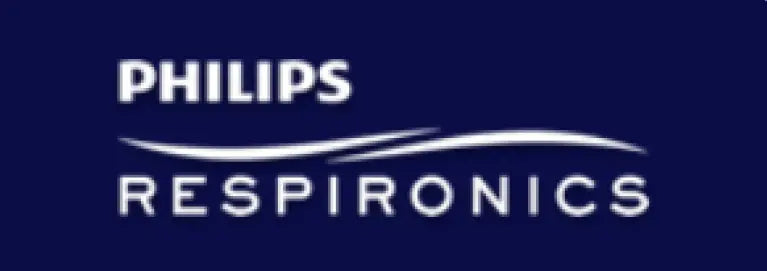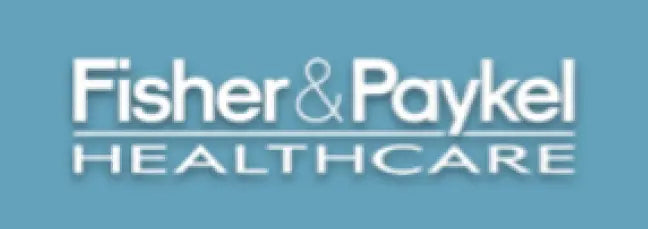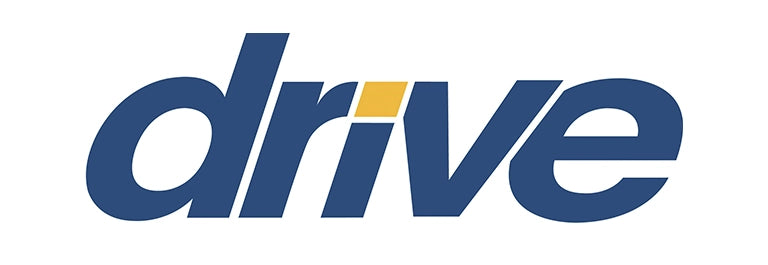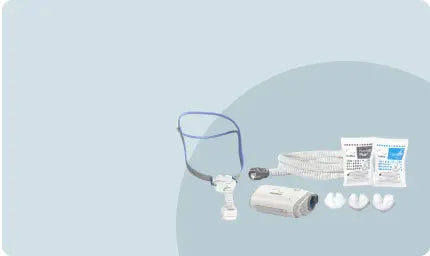Navigating the Market: A Guide to Safely Buying Used Oxygen Concentrators
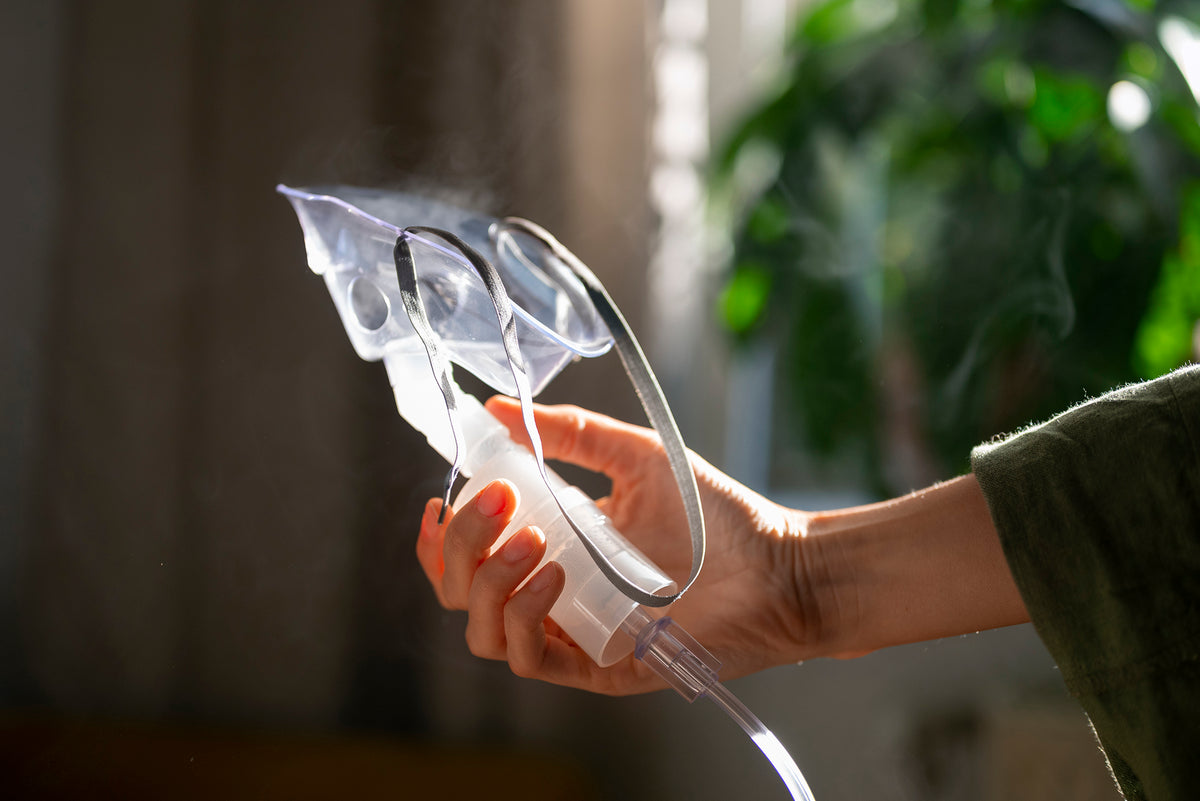
For individuals in need of supplemental oxygen, the prospect of buying a used oxygen concentrator can be a practical and cost-effective solution. However, it's essential to approach this purchase with caution and diligence to ensure the equipment's reliability and safety. In this article, we offer a comprehensive guide with helpful tips for those considering the purchase of a used oxygen concentrator.
-
Understand Your Oxygen Needs: Before delving into the used market, consult with your healthcare provider to determine your specific oxygen requirements. Knowing your prescribed oxygen flow rate and understanding the type of concentrator suitable for your needs is crucial.
-
Research Reputable Sellers: Seek out reputable sellers or platforms specializing in refurbished medical equipment. Reputable dealers often ensure that the used concentrators undergo thorough inspections, servicing, and cleaning before being resold.
-
Check for Certification and Compliance: Verify that the used oxygen concentrator meets industry standards and has the necessary certifications. This may include ISO certifications and compliance with safety regulations in your region.
-
Request Maintenance Records: Inquire about the maintenance history of the concentrator. A well-maintained unit with regular servicing is more likely to function optimally. Request documentation of any repairs or maintenance performed on the device.
-
Ask About Warranty and Return Policies: Reputable sellers often provide a limited warranty on used equipment. Familiarize yourself with the warranty terms and inquire about the return policy. This ensures that you have recourse in case the concentrator does not meet your expectations.
-
Inspect the External Condition: Thoroughly examine the external condition of the concentrator. Check for signs of wear, damage, or excessive cosmetic issues. While minor wear may be expected, any significant damage could impact the device's functionality.
-
Run Functional Tests: If possible, request the opportunity to run functional tests on the used concentrator. This includes checking the oxygen purity levels, assessing the noise level, and ensuring that all controls and settings function properly.
-
Consider the Age of the Unit: Oxygen concentrators have a finite lifespan, typically around 20,000 to 30,000 hours of use. Inquire about the age of the unit and the total number of hours it has been in operation. This information can provide insights into the remaining lifespan of the concentrator.
-
Check Power Consumption: Be mindful of the power consumption of the used concentrator. Ensure that it aligns with your home's electrical capacity, and inquire about any specific power requirements or compatibility issues.
Purchasing a used oxygen concentrator can be a viable option when approached with caution and due diligence. By researching reputable sellers, checking certifications, inspecting the device's condition, and considering warranty options, individuals can make informed decisions that prioritize both their health and financial considerations. Always consult with healthcare professionals before making any decisions related to medical equipment.


